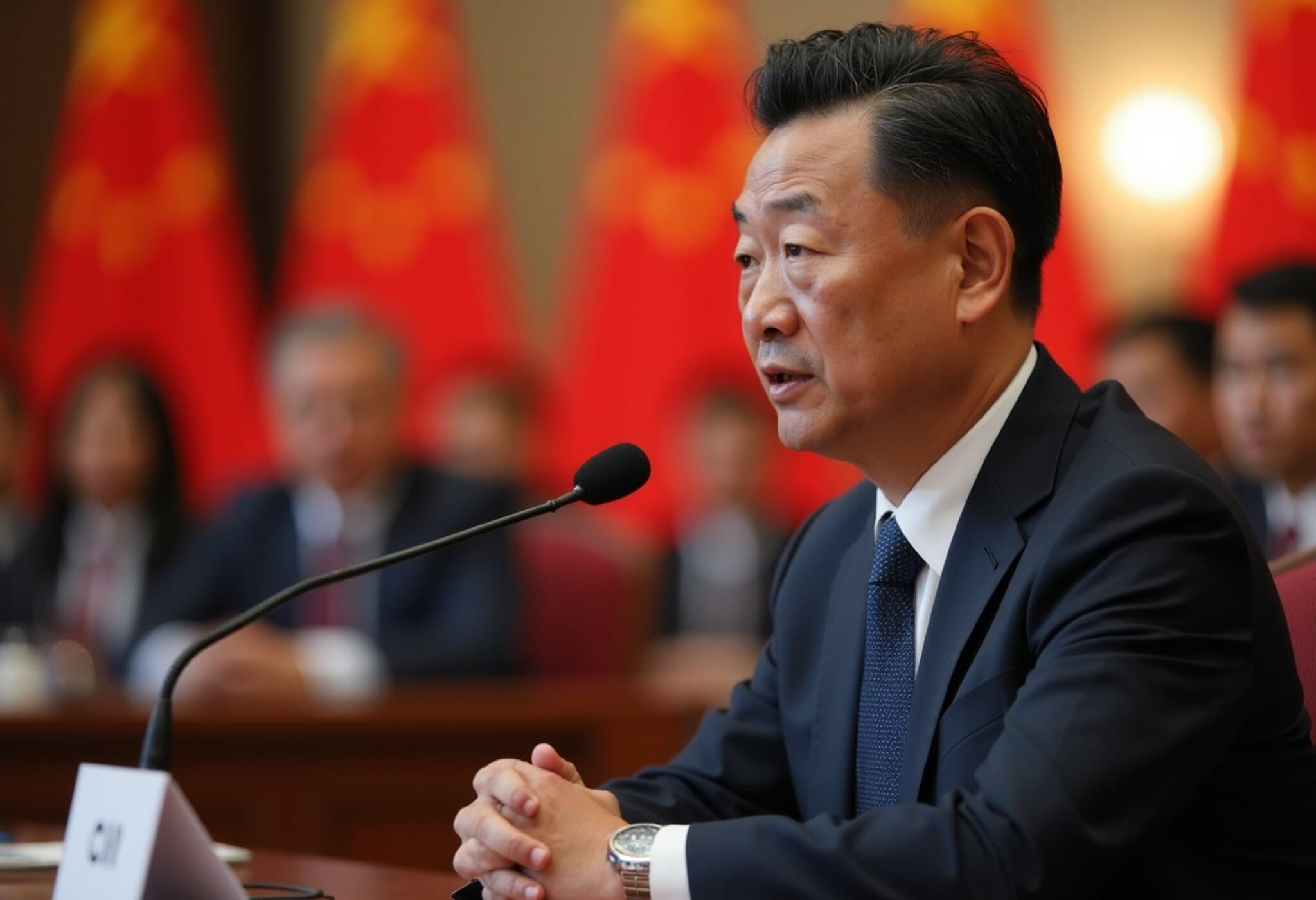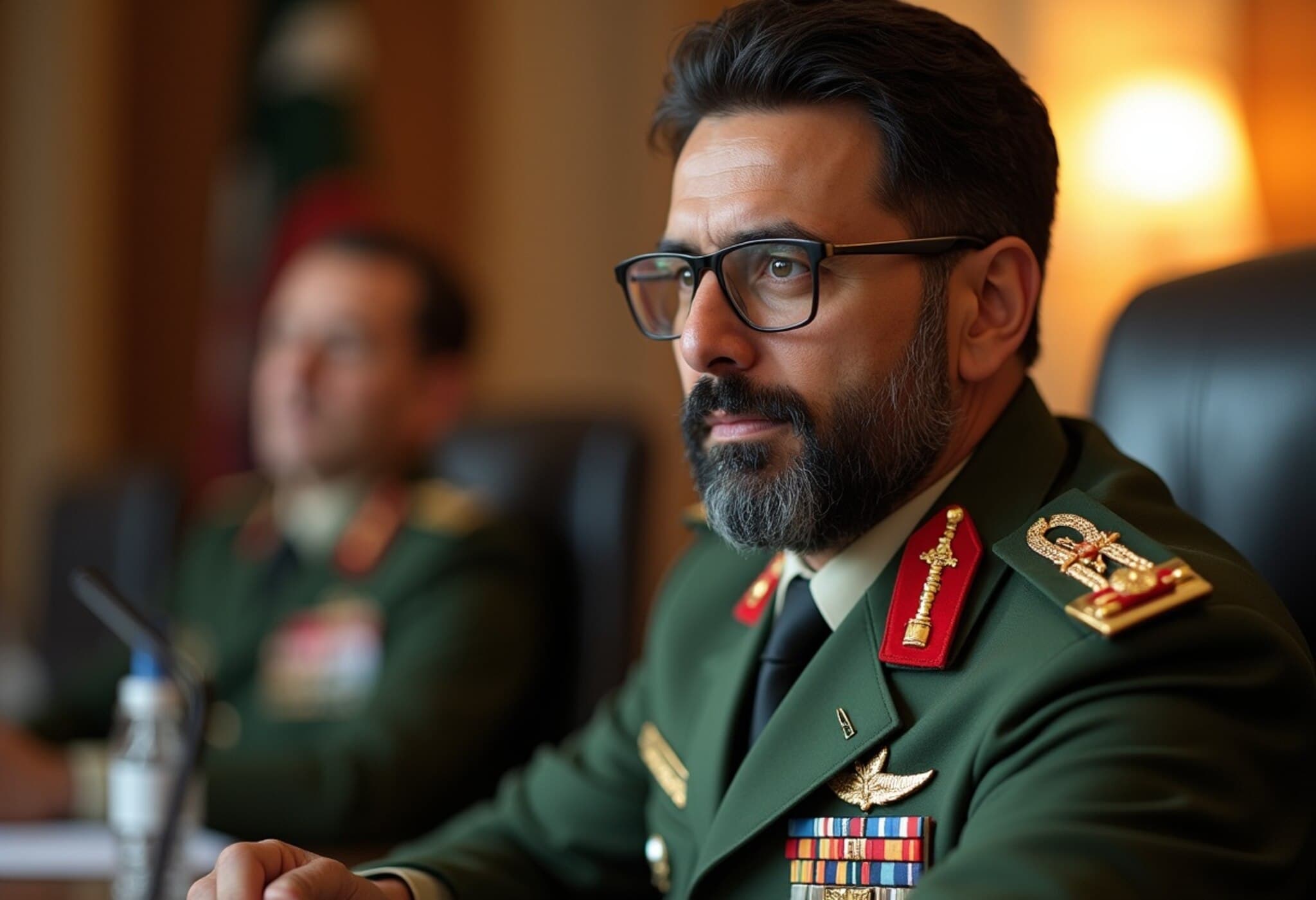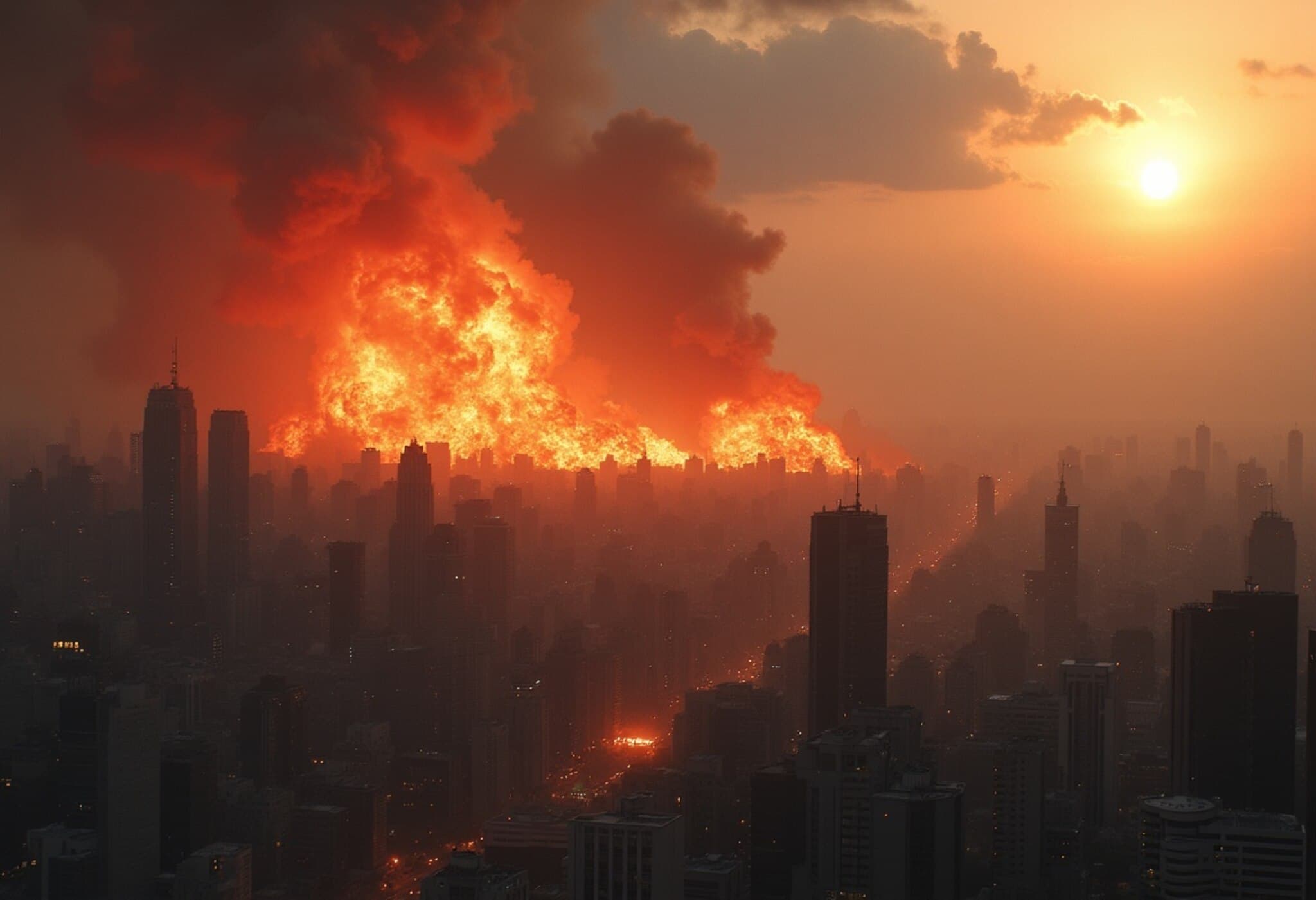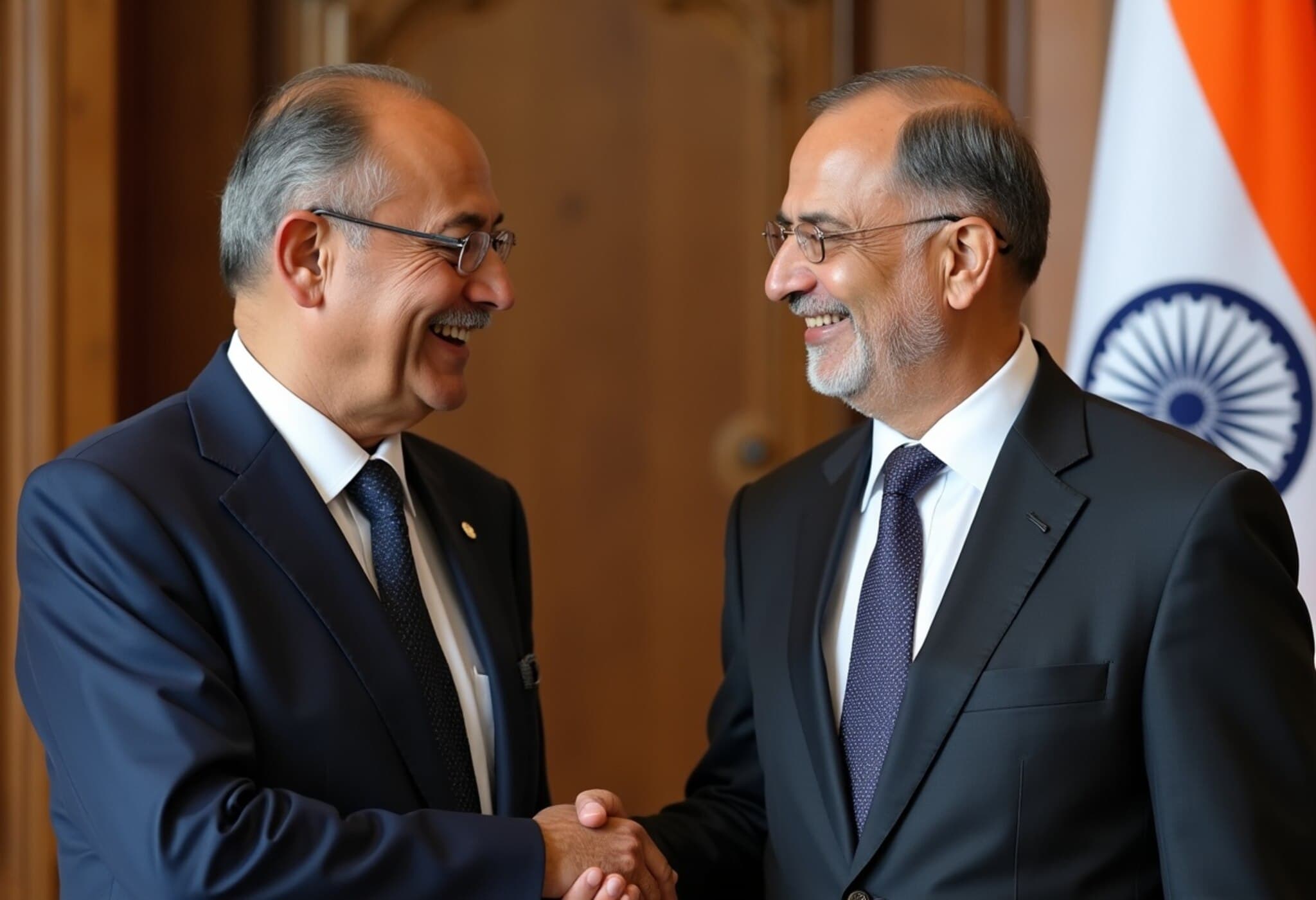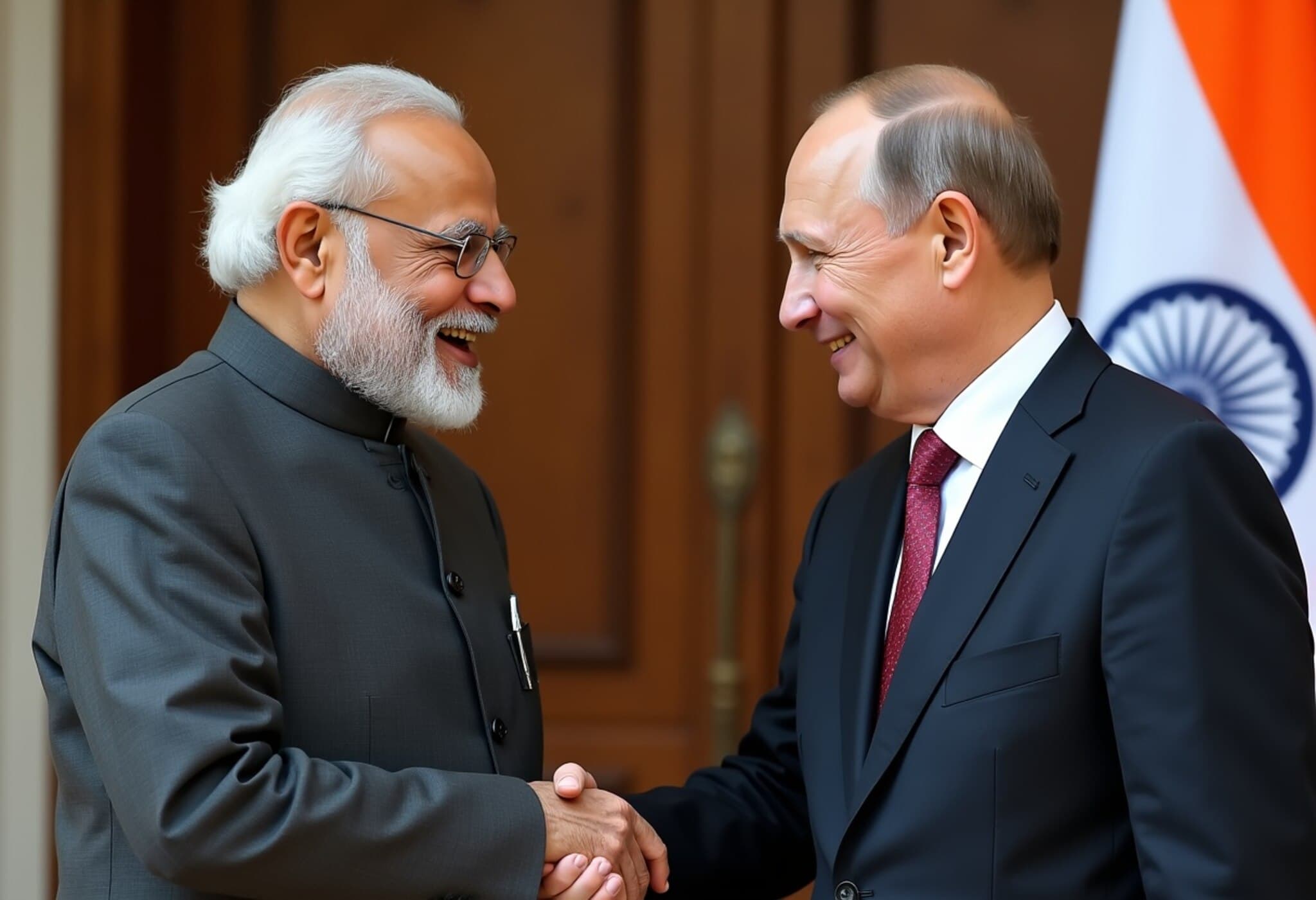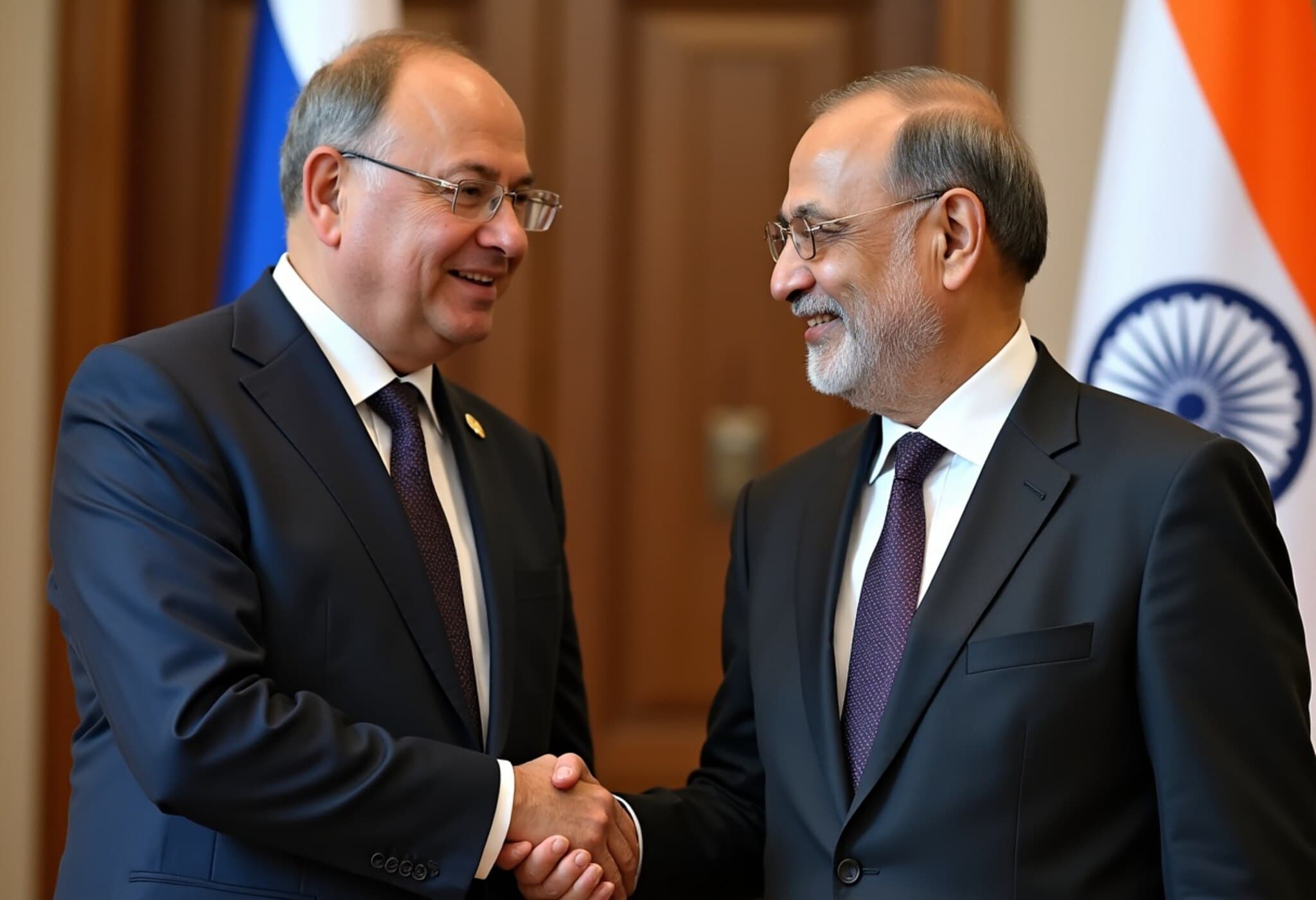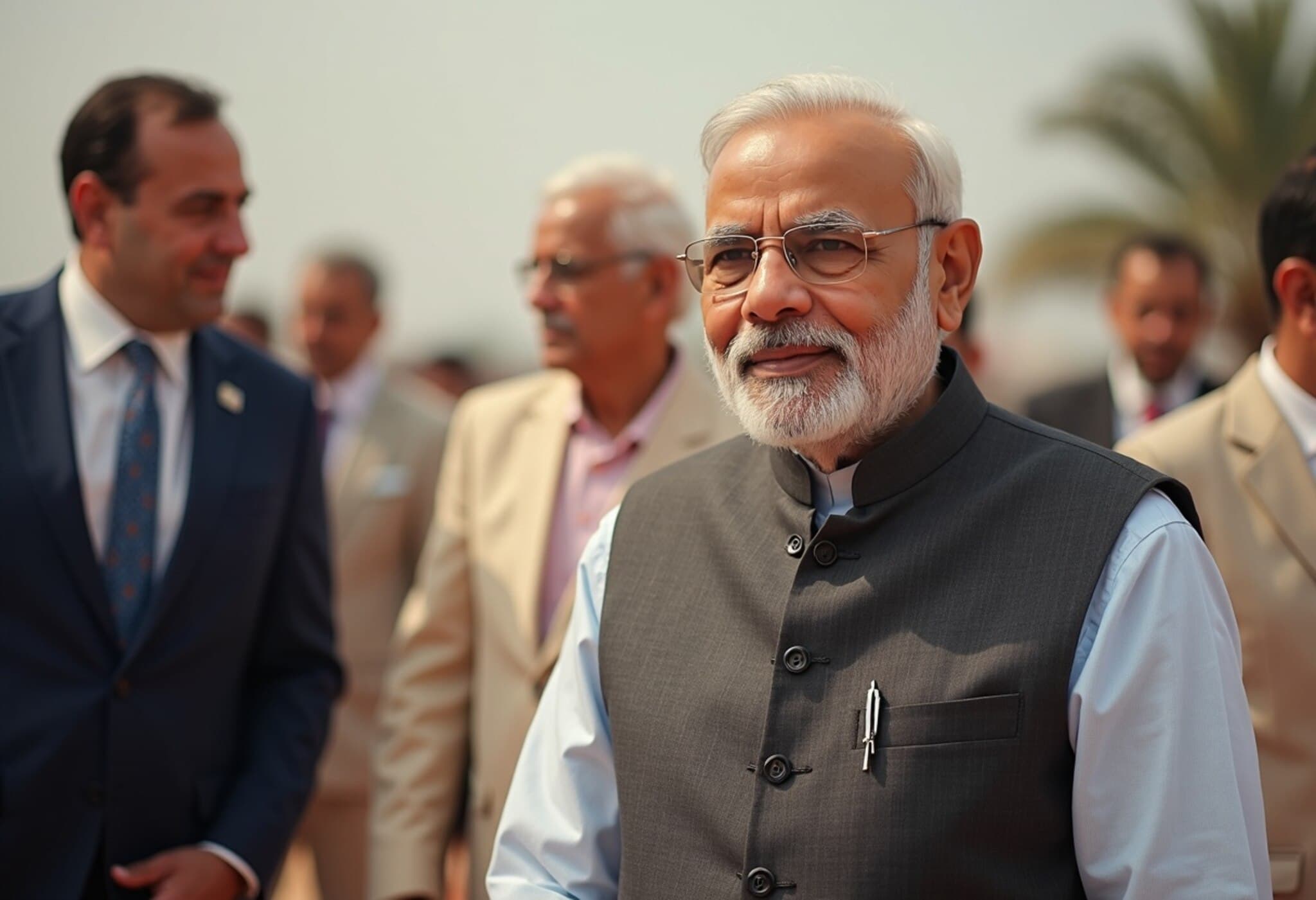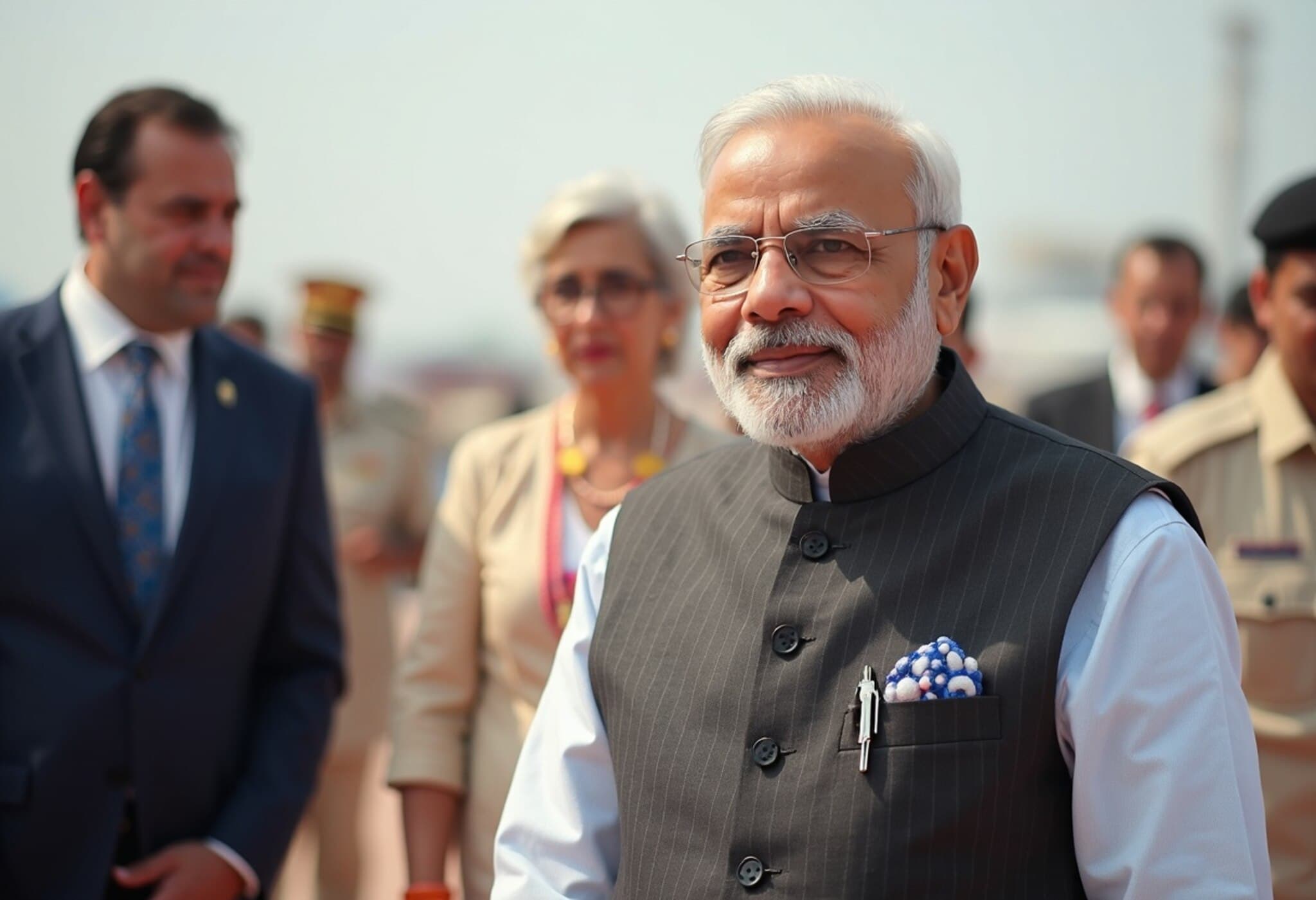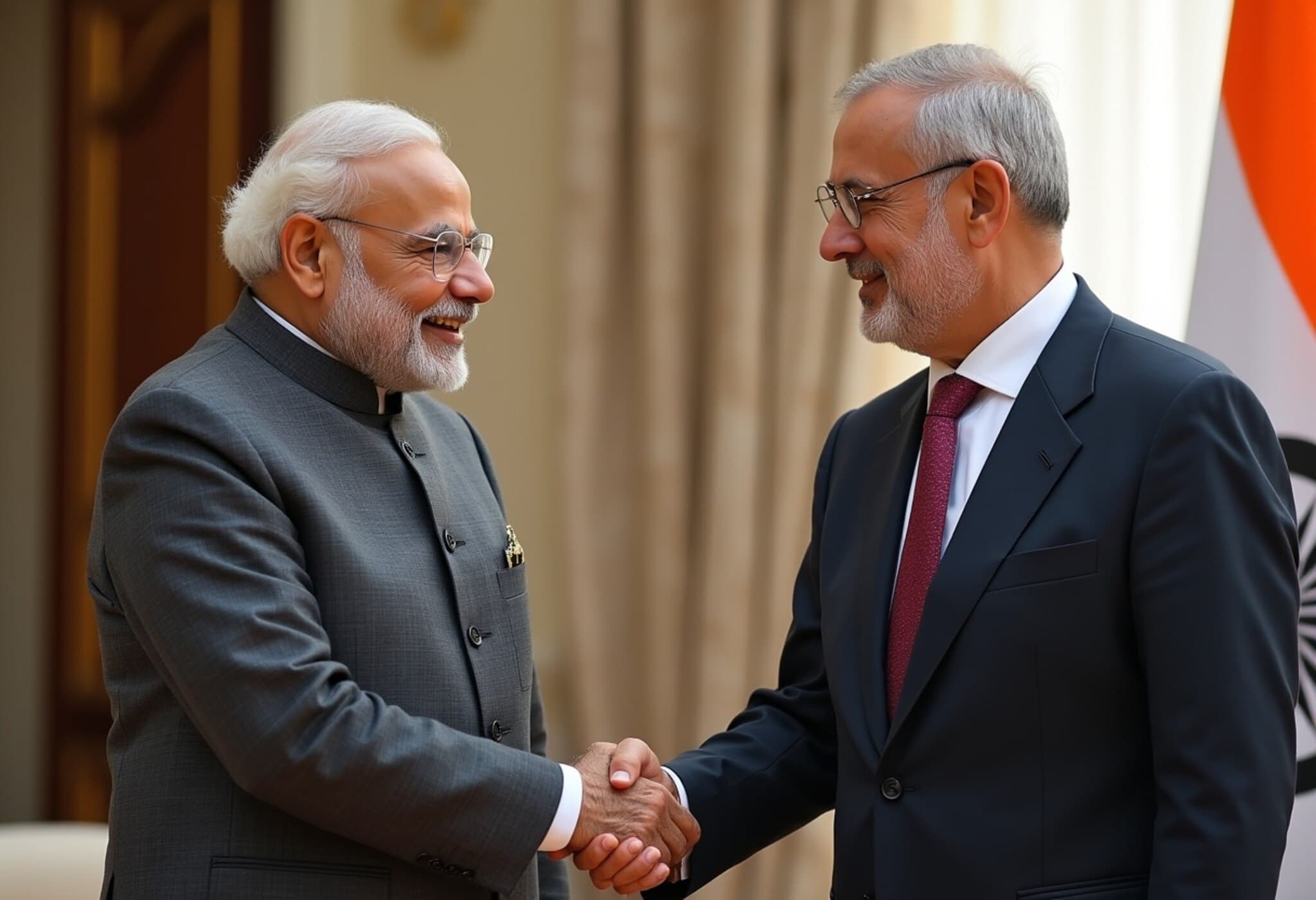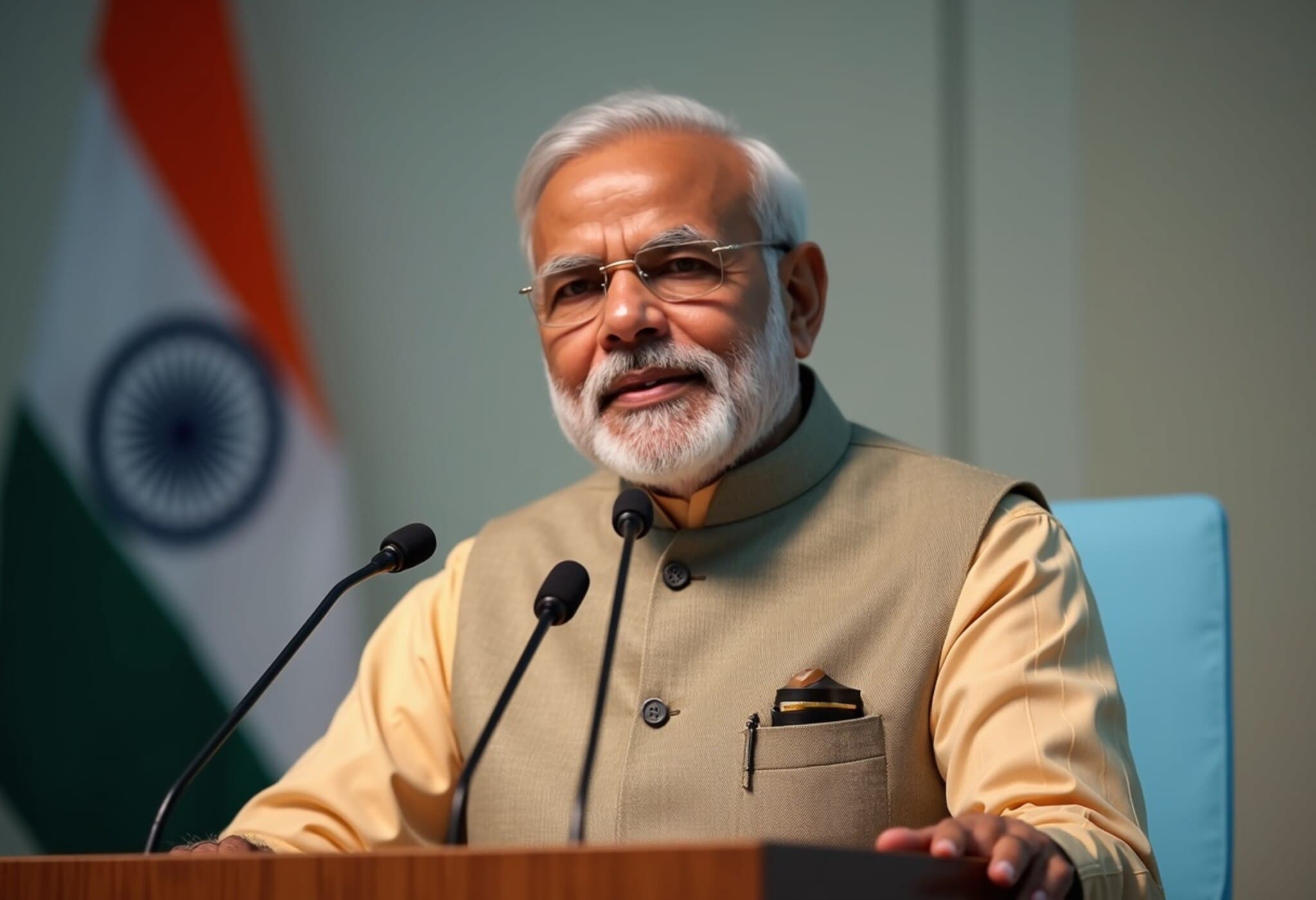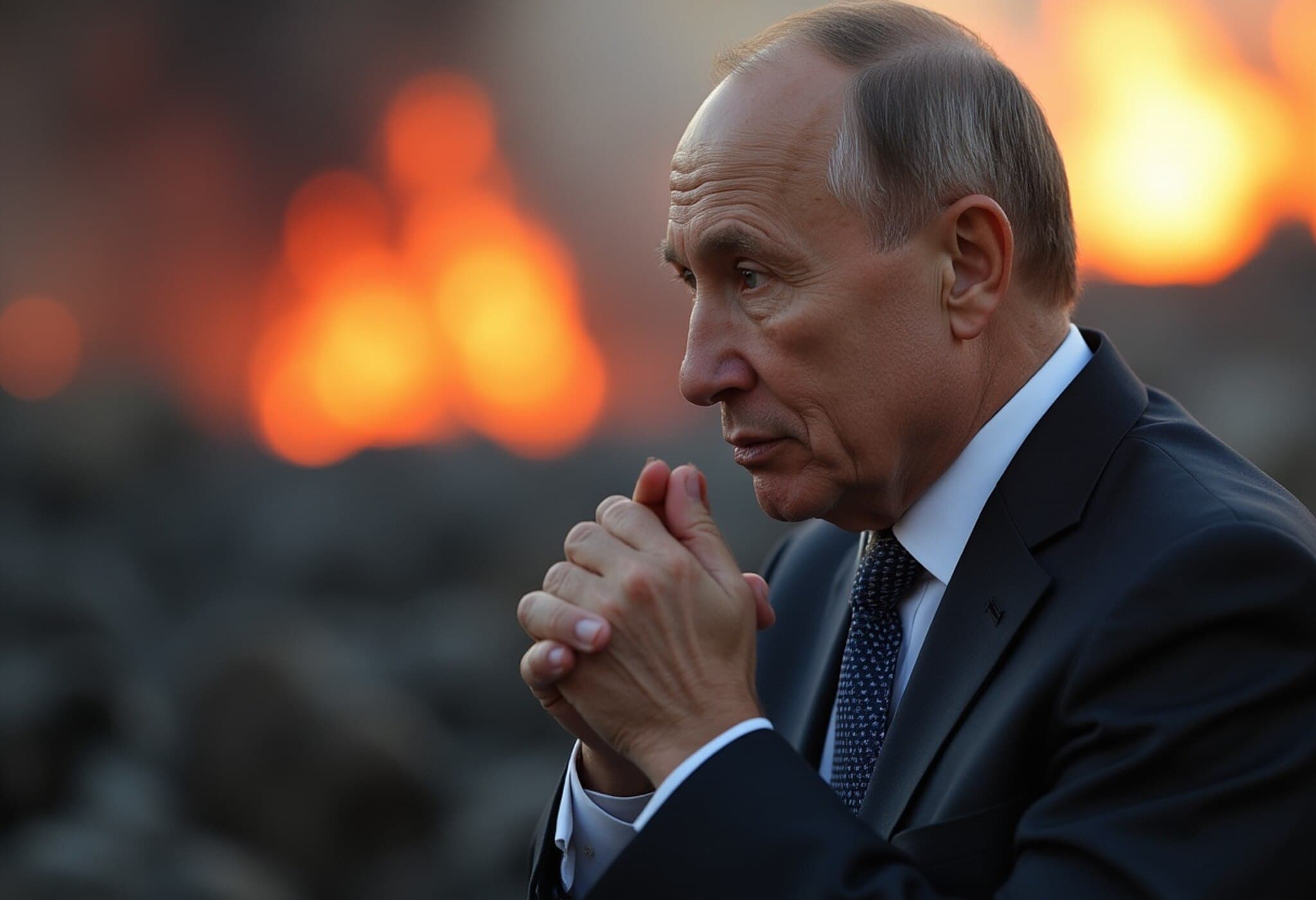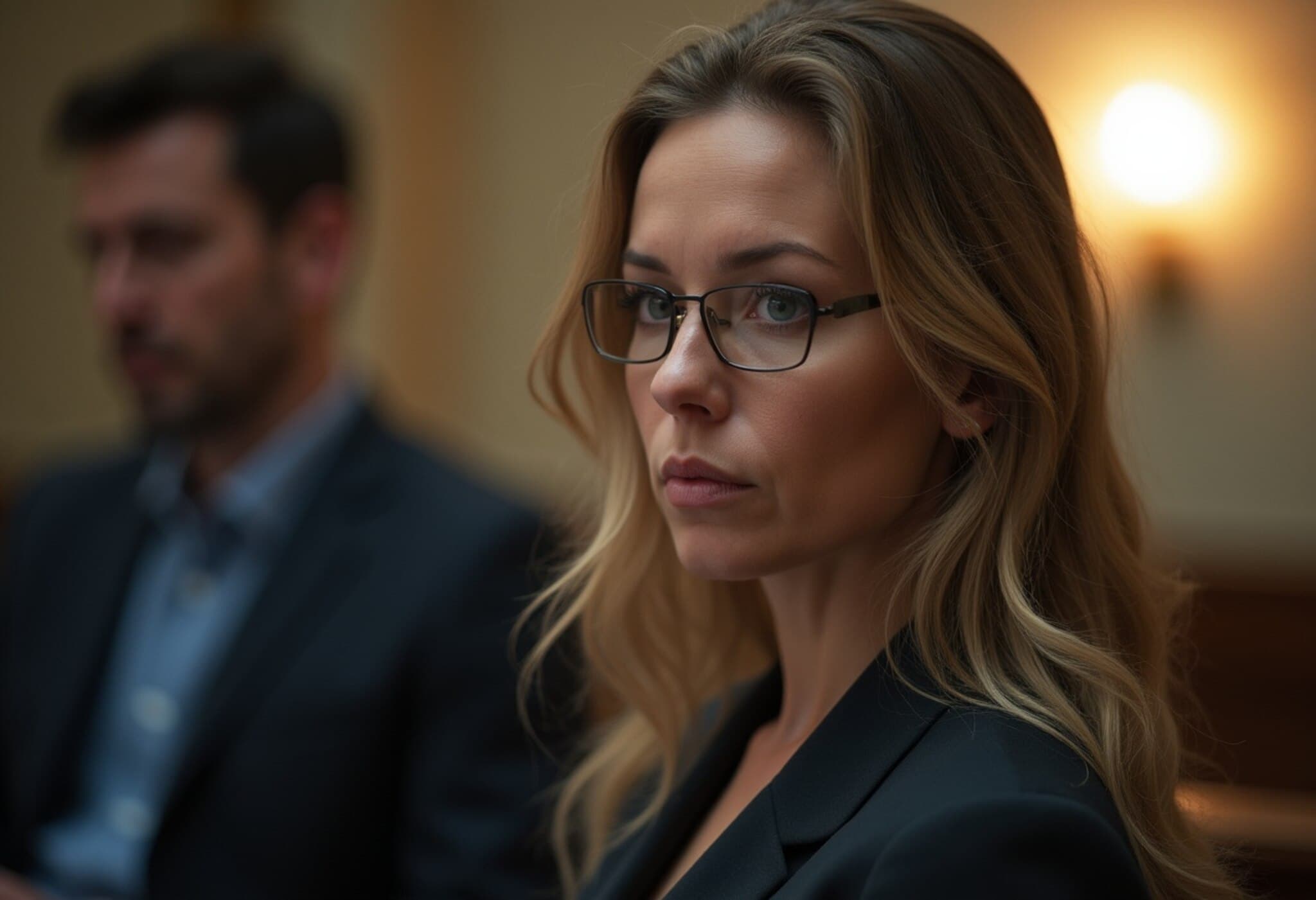India and Cyprus Strengthen Ties in Landmark Joint Statement
In a historic encounter not seen in over two decades, Prime Minister Narendra Modi and Cyprus’ President Nikos Christodoulides came together to affirm strong bilateral cooperation. Their meeting covered a range of critical issues—from advancing connectivity via the India-Middle East-Europe Economic Corridor (IMEC) to unified stances on counter-terrorism and protecting territorial sovereignty.
1. Unwavering Commitment to Sovereignty and Territorial Integrity
The joint declaration opened with a firm reaffirmation of support for the sovereignty and territorial integrity of all nations. Both India and Cyprus have faced challenges to their borders, with Turkey cited as a common point of contention. Cyprus continues to grapple with the Turkish occupation of roughly one-third of its northern territory since 1974, while India faces ongoing issues stemming from Pakistan’s control over parts of Jammu and Kashmir.
In recent conflict, Turkish drones supplied to Pakistan played a significant role, intensifying regional security concerns. Modi and Christodoulides engaged in detailed discussions about international matters, including tense developments in the Middle East and the Ukraine conflict. They also underscored the importance of strengthening global non-proliferation frameworks, supporting India’s bid to join the prestigious Nuclear Suppliers Group.
2. Advocating for a Reformed, Multipolar World Order
Both leaders voiced a shared vision for a multipolar world, emphasizing reforms to enhance the United Nations Security Council (UNSC). Recognizing the need for the UNSC to reflect today’s geopolitical realities, they pledged sustained efforts towards meaningful reform and welcomed advancement in intergovernmental negotiations.
Cyprus reiterated strong backing for UNSC expansion and India’s inclusion as a permanent member—an endorsement that carries significant diplomatic weight.
3. Joint Stance on Counter-Terrorism and Security Cooperation
Unified against terrorism in all its forms, India and Cyprus condemned violent extremism, including international and cross-border terrorism. Christodoulides expressed solidarity with India following the tragic attack in Pahalgam that claimed 26 civilian lives, reaffirming a zero-tolerance approach.
They called for concerted action to dismantle terrorist networks, disrupt financing channels, eliminate safe havens, and swiftly deliver justice to perpetrators. The statement emphasized the necessity of comprehensive, coordinated efforts both bilaterally and multilaterally.
Given their maritime profiles, the two nations agreed to deepen cooperation on maritime security and formalize protocols for evacuation and search and rescue (SAR) missions, boosting regional safety.
4. Cyprus’ Emerging Role in the India-Middle East-Europe Economic Corridor (IMEC)
The discussions marked a significant step toward integrating Cyprus into the IMEC initiative. Strategically positioned as a gateway to Europe, Cyprus holds immense potential as a regional hub for transshipment, logistics, storage, and distribution.
Although Cyprus was not part of IMEC’s original signatories, recent diplomatic momentum highlights its role as a key transshipment center, offering new avenues for bilateral shipping collaboration and economic growth.
5. Elevating India-Cyprus Collaboration Within the European Union
With Cyprus set to hold the EU presidency early next year, both leaders committed to enhancing India-Cyprus ties within the broader EU framework. Given ongoing trade negotiations between India and the EU, Cyprus pledged active support to finalize an EU-India trade agreement by year-end.
Both sides acknowledged the strategic and economic significance of this partnership and expressed readiness to leverage Cyprus’ upcoming EU presidency to accelerate cooperation.
Prime Minister Modi was also honored with Cyprus’ highest decoration, the Grand Cross of the Order of Makarios III, symbolizing the warmth and depth of the bilateral relationship. The joint efforts between India and Cyprus signal a broader push towards strategic collaboration in areas from economic corridors to counter-terrorism, reflecting shared values and geopolitical interests.


